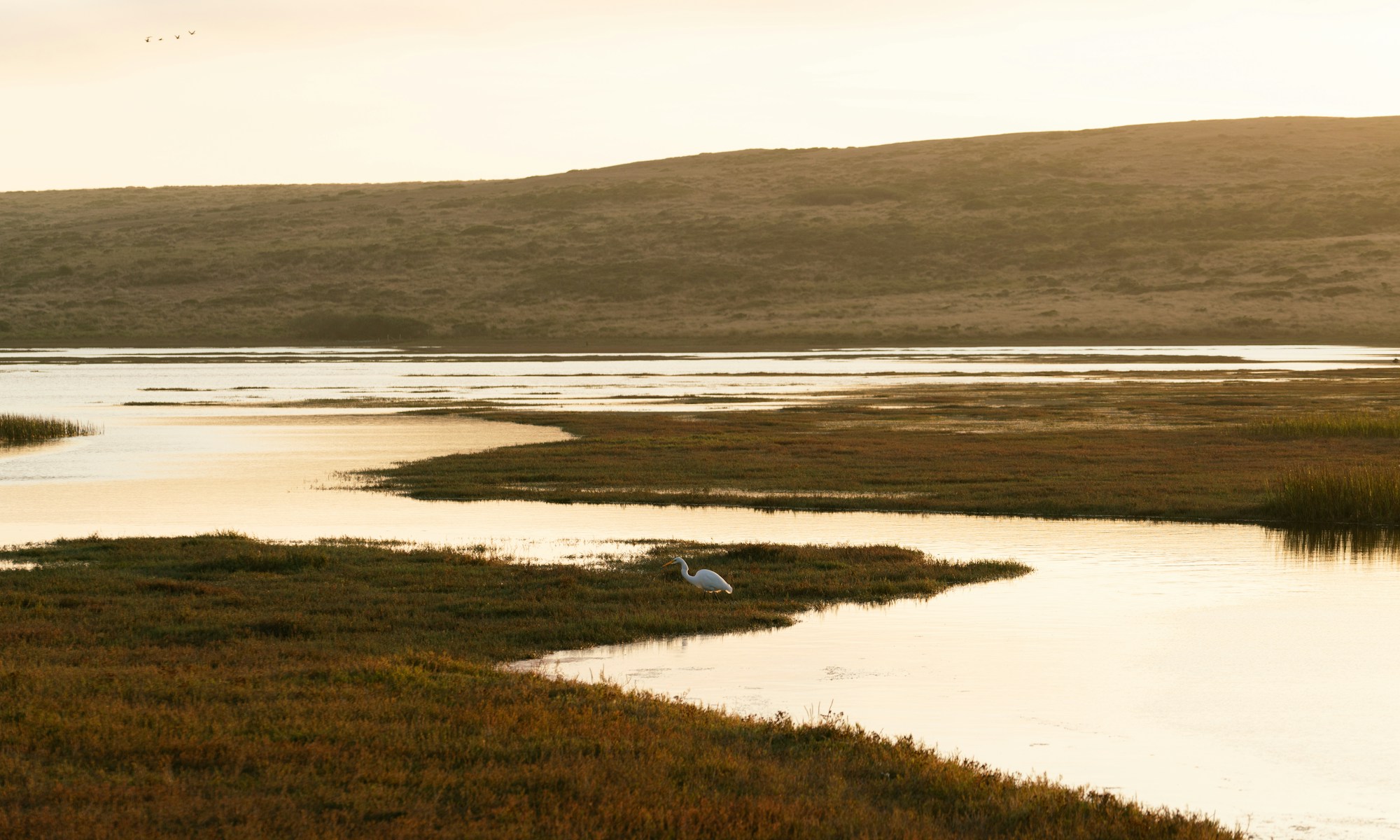19 September 2022 – by Ella Kiyomi Dobson
The Congo Basin is the second largest old-growth rainforest and is set in the Democratic Republic of Congo (DRC). In May, DRC released a statement online suggesting that they are accepting offers on blocks of land for oil and gas exploration projects in the Congo Basin to bolster its economy. The number of parcels of land up for grabs was increased from 16 to 30 at the end of July when the auction began.
Oil and gas are at the forefront of global issues right now. At the end of 2021, global leaders joined at COP26 to agree to protect the Congo Basin with international pledges of $500 million. Within a few months, however, many global leaders have shifted their climate attitudes, particularly on oil and gas, due to the ongoing Russian invasion of Ukraine. The President of the DRC, Felix Tshisekedi, and other leaders of African countries have expressed that there remains a double standard for oil and gas. Western nations have built their wealth from exploiting fossil fuels; why should they have to forego their reserves to protect everyone else?
While President Tshisekedi and the DRC government argue that new oil and gas fields would boost DRC’s economy, empirical observations in high-yield oil-producing African nations suggest only a small fraction of the population would reap the benefits. Currently, DRC is a large player in the mining of cobalt, copper, gold, and diamonds. While these have high economic returns, the country remains deeply impoverished due to mismanagement and corruption. Looking at these realities, the Congolese people would unlikely see any financial benefits from further environmental exploitation.
The environmental damages that exploration and drilling of oil and gas in the Congo Basin could be a tipping point for the global environment. The proposed bidding lands are crucial areas like swamps and peatlands that have a high environmental value. Astoundingly, peat/wetlands only comprise around 3% of the globe’s surface, yet they hold over 30% of soil stored carbon. The infrastructure required to explore and drill in these areas would release billions of tons of stored carbon into the atmosphere due to the draining process necessary for drilling.
After the auction began in mid-august, the hydrocarbons minister for DRC announced that they would accept bids from carbon credit and cryptocurrency companies as opposed to purely oil and gas companies. These companies would not be looking to drill but, rather, promisingly, sell carbon credits for carbon offsetting. In theory, this structure would return the capital generated to local communities and the government in exchange for protecting the areas. There is much scepticism about whether the carbon offsetting market will bring sufficient cash flow to match the economic outputs of oil. However, if these companies successfully win the blocks of land, this would be more financially and environmentally sustainable for the DRC. Success in this endeavour may also encourage other countries to adopt a similar approach to environmental preservation, so long as they can afford to do so.
Finding alternative means like this to support countries such as the Democratic Republic of Congo will be a pivotal example for other countries hoping to move away from oil and gas dependence. In addition, efforts like this may allow for a just transition to renewable energy which will be an essential means of protection for both people and the planet.



